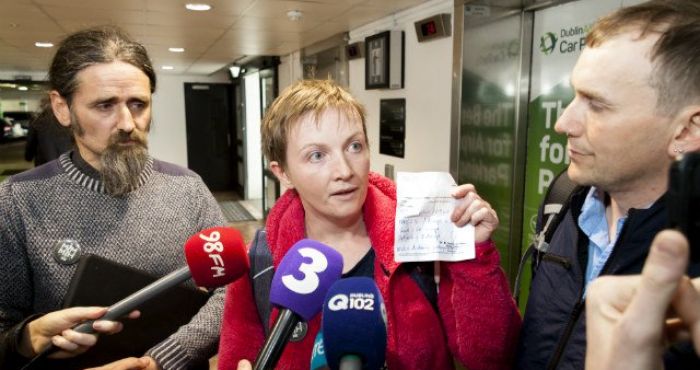European Parliament votes on resolution calling for wider legalisation of medical cannabis
- MEPs have voted to pass a resolution which will help advance medical cannabis in the EU
- It focuses primarily on increasing scientific research on cannabis in EU countries
- The resolution is non-binding
An early Valentines present for medical cannabis patients across the EU came today, as the EU voted to pass a key resolution which should progress cannabis legalisation in EU countries.
The vote follows the World Health Organisation’s (WHO) recommendation to reschedule cannabis, including cannabinoids like the psychoactive THC.
The draft resolution “stressed the need for the Commission and national authorities to draw a clear distinction between medical cannabis and other uses of cannabis.”
MEPs called for the resolution as they are under the belief that “there is substantial evidence that cannabis and cannabinoids have therapeutic effects for treating chronic pain in adults, chemotherapy-induced nausea and vomiting, and improve muscle spasticity symptoms in multiple sclerosis.”
The resolution primarily focused on increasing the amount and quality of scientific research and clinical studies in EU member states.
MEPs called on the Commission and member states to “address regulatory barriers which burden scientific research and invites them to properly fund research and promote greater knowledge of medical cannabis among medical professionals.”
While the resolution is non-binding, the vote highlights the increase in support for medical cannabis in world governments. Countries within the EU can still prohibit access to medical cannabis to their patients.
Earlier this week, Irish Independent MEP, Luke Flanagan, rallied support in the EU Parliament, calling for legislation which would help families access medical cannabis.
Flanagan has been a vocal supporter of Ava Twomey, 9, who suffers severe epilepsy.
Vera, Ava’s mother, has made headlines across the world with her campaign to get legal access to medical cannabis for her daughter.

Speaking in the EU Parliament, Mr Flanagan said: “We need to see an end to the situation whereby people such as Vera Twomey and her husband Paul must, in spite of getting a licence to treat their daughter’s debilitating illness, travel six times a year to the Netherlands to get this medicine.
“They should be able to source this medicine locally. Either that or the importation of this proven medicine is delivered to their house.
“Freedom of movement of goods is meant to be one of the cornerstones of this European Union. Let’s make the freedom of movement of this medicine a reality.
“Vera Twomey and her husband Paul have woken hundreds of thousands of people up to the fact that medicinal cannabis can help, their nine-year-old daughter is now seizure free and the constant trips to the hospital can become a thing of the past.
“Eva now has a future we need a future be made available to all who need it.”
“Freedom of movement of goods is meant to be one of the cornerstones of this European Union. Let’s make the freedom of movement of this medicine a reality.”
– Luke Flanagan, Irish MEP
Discussing the vote in Forbes, Tom Angell, publisher of Marijuana Moment, explained how despite the resolution being non-binding, it should still be viewed as a positive step forward for the global legalisation effort:
“The EU Parliament is just the latest voice to recognise the medical value of cannabis and the benefits of regulation over prohibition.
“I’m hopeful that the growing chorus in favour of reform will spur action by nations to change their policies and improve access for patients who need this medicine.”
Will the Government listen to the EU while Brexit still looms over a fractured British Parliament?
While cannabis was de facto legalised for medicinal purposes in November 2018, the reality for British patients is the polar opposite.
Only a handful of private prescriptions have been granted to patients, exclusively reserved for severely epileptic children.
With this resolution passing, could we see wider-access to medical cannabis products for EU citizens, or will individual Governments continue to deny their citizens a right to safe medication?
